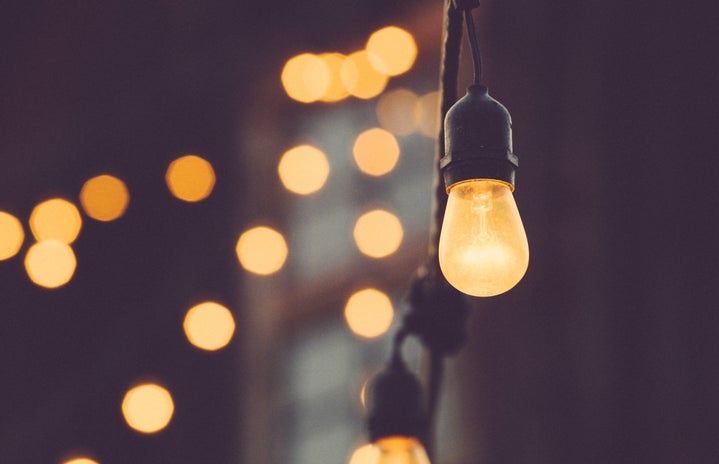Someone funny starts making their own videos. Slowly, they get a following. Suddenly, everyone is following them and their content is shared all across the Internet. If they’re lucky, a higher-up in a media corporation will notice the attention and offer to monetize their videos. Maybe they might eventually get a book or a TV show deal. They might even end up famous.
The story of the “YouTuber” is a pretty typical one at this point. Celebrities like Hannah Hart and Bo Burnham had their first audiences on YouTube and now have a cooking show and a comedy career respectively. It’s a new and exciting way to “get discovered”, as you don’t have to necessarily have connections, resources, or money to get noticed on YouTube: you just have to have a camera, basic editing skills and know how to entertain.
This is why YouTube is the future of entertainment – there aren’t the typical kind of boundaries that content creators usually have to break through to have an audience. You don’t have to live in New York or Los Angeles to have a YouTube channel, and your uncle’s friend’s daughter doesn’t have to know people who know people to get you connected with someone to produce your content. On YouTube, it’s all you. You do it yourself, and sometimes you might even be successful.
There are also fewer boundaries for consumers. You don’t need to pay money for YouTube beyond a Wifi connection. You don’t even need an account. You can consume thousands and thousands of videos without needing any kind of special access. You also have a much greater chance to communicate directly with the creators of what you’re watching. YouTubers generally have much more contact with their audience than any other entertainer because their content is entirely based off of audience response.
Interaction isn’t the only great thing about producing content on YouTube: there is also a much greater chance of individuality in content. YouTubers generally aren’t beholden to corporations in the same way that people in film and television are. Though monetization gives them an incentive to sponsor products and create ads, the content produced by YouTube channels is usually the choice of people creating them, so it’s going to be content that they genuinely enjoy instead of pushing a corporate agenda.
This also leaves room for much less censorship. Studios are constantly being censored, whether it be for curse words and sex scenes, or for things like not showing gay relationships or hiring people of color to star in their productions. While there are certain problems with the platform flagging certain things as inappropriate, we can only hope that the site decides to improve in the future.
Anyone can make a YouTube video, and a lot of people who make YouTube videos don’t fit into the usual spectrum of people you’re allowed to see regularly on television. Television has token gay relationships and token black characters, but there’s much more visibility for people to create content on YouTube who don’t fit into what TV execs consider to be what audiences want to see. Because on YouTube, people can be individuals and show an uncensored view of their lives.
YouTube is the platform of this century, and the media landscape is slowly allowing it to become a viable, respected form of entertainment where creators and audiences alike can have more accessibility, interaction, and individuality in what they create and consume.


